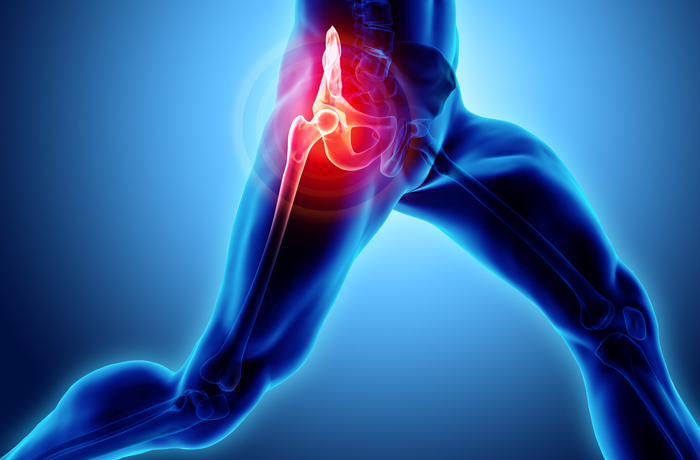Hip Arthroscopy Surgery in MRC Nagar, Chennai
Arthroscopy is a low-risk, minimally invasive procedure performed to examine and treat joints such as wrist, hip, knee, shoulder and ankle.
Hip arthroscopy or hip scope is a surgical procedure to identify a hip joint problem through an arthroscope and effectively treat it.
With the advancing technology, hip arthroscopy is getting more refined.
To avail of this procedure, you can consult an orthopedic surgeon near you or visit an orthopedic hospital near you.

What are the hip conditions treated by arthroscopy?
- Hip impingement
The ball of the hip shifts towards the cup of the hip, damaging soft tissues around the hip, which can result in arthritis. - Labral tear
A labrum is a cartilage ring that keeps the ball joint in place. The labrum can break apart due to accident, dislocation, vigorous exercise, etc., leading to pain, swelling, locking, etc., in the hip or the groin. - Dysplasia
In this case, the cup joint is smaller than the ball joint, thereby increasing pressure on the labral and allowing the hip joint to dislocate.
When do you need to see a doctor?
If you spot any of the following symptoms of a hip injury or damage, you should connect with an orthopedic specialist immediately:
- Difficulty in sitting
- Lack of flexibility
- Numbness, pain or swelling in hip or groin
- Stiffness in the back
Request an appointment at Apollo Spectra Hospitals, MRC Nagar, Chennai.
Call 1860 500 2244 to book an appointment.
How is hip arthroscopy performed?
- The surgery begins with leg traction, i.e. pulling the hip out of the socket to insert the arthroscope and examine the joint.
- The surgeon will insert the arthroscope through a small cut. Liquid flows from the tube for a clearer picture and preventing bleeding.
- Then the orthopedic surgeon will specify the treatment you need and place other tools through the incision and shave, trim, remove or treat the wound or injury.
- The doctor will stitch the incisions and prescribe medicine to relieve pain.
What are the risks?
Some of the risks of hip surgery are:
- Infection
- Pressure, pain or numbness in the groin
- Impotence
- Blood clots
- Stiffness
- Arthritis
- Fluid leakage
- Fracture
What does the recovery process entail?
- Limping and pain are a part of the healing process. The ortho specialist will recommend medications that will help relieve pain.
- You might need crutches in the initial weeks after the surgery to not strain the wound. However, if the surgery was more extensive, you will need crutches for a month or two.
- If pain and limping don't start to improve a few days after surgery, contact your doctor to confirm any complications.
- Don't engage in strenuous activities like prolonged standing, walking, squatting, sleeping on your side, etc., without your physician's recommendation.
- After the initial recovery, therapy and exercise can help you recover strength and joint mobility. But, remember, do not try anything without the guidance of a therapist.
In most cases, you can return to everyday life after total recovery. But in severe cases, your doctor might ask you to make some necessary lifestyle changes to not exert pressure on hips.
It depends on the type and the hospital at which the procedure is being conducted. Standard arthroscopy costs between Rs. 15,000 and Rs. 30,000, including surgery, staying at the hospital, medical consumables like syringes, adhesives, sutures, needles, etc. However, it can vary if another arthroscopy like ACL reconstruction is needed.
The success rate is 85-90%.
Symptoms
Our Top Specialities
NOTICE BOARD
CONTACT US
CONTACT US
 Book Appointment
Book Appointment


.svg)
.svg)
.svg)
.svg)








